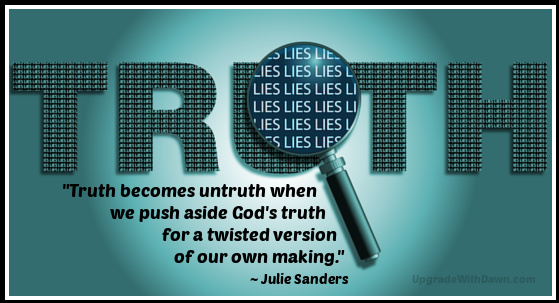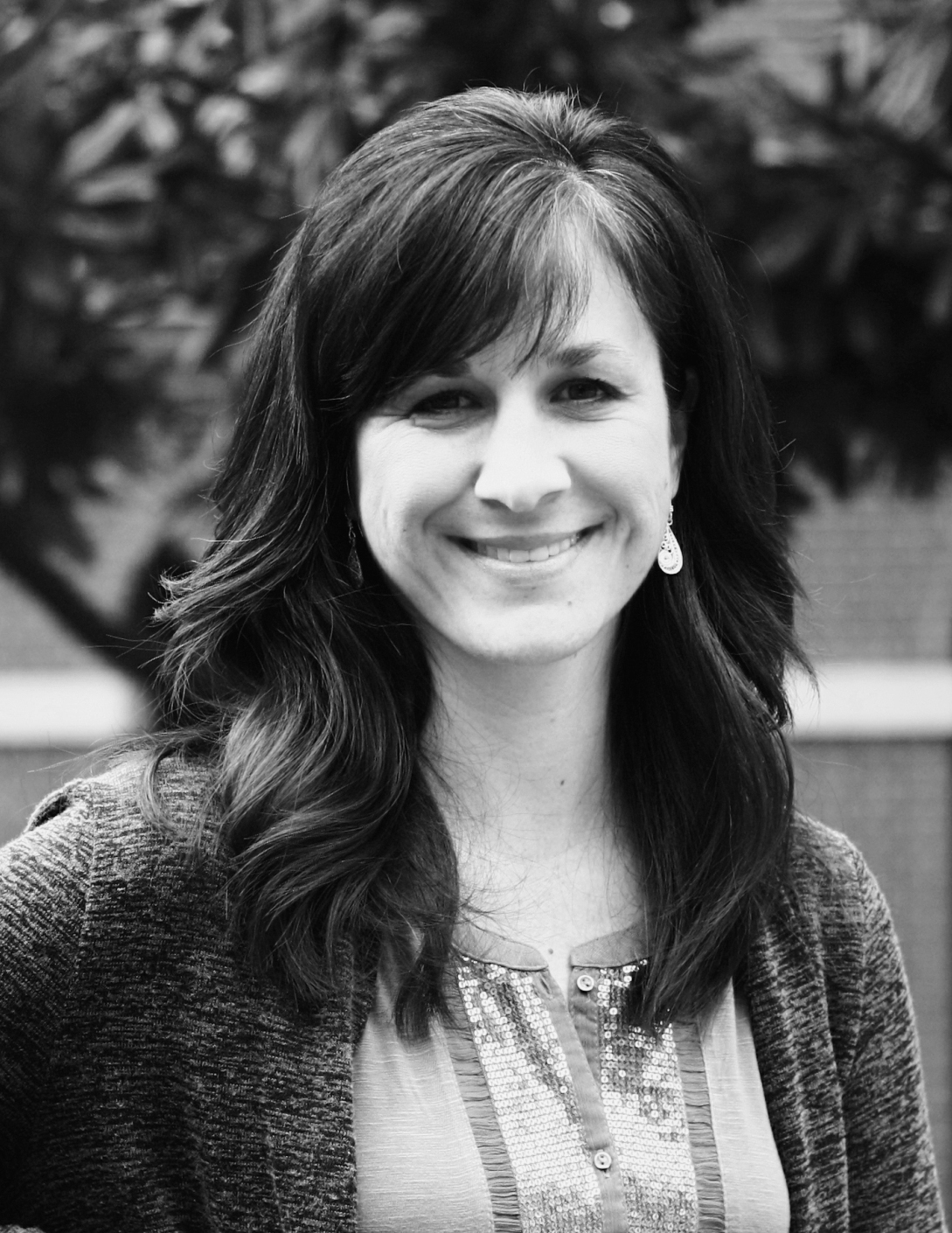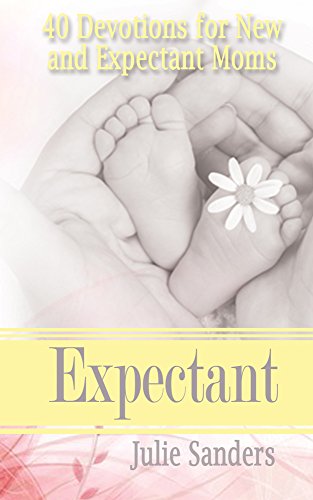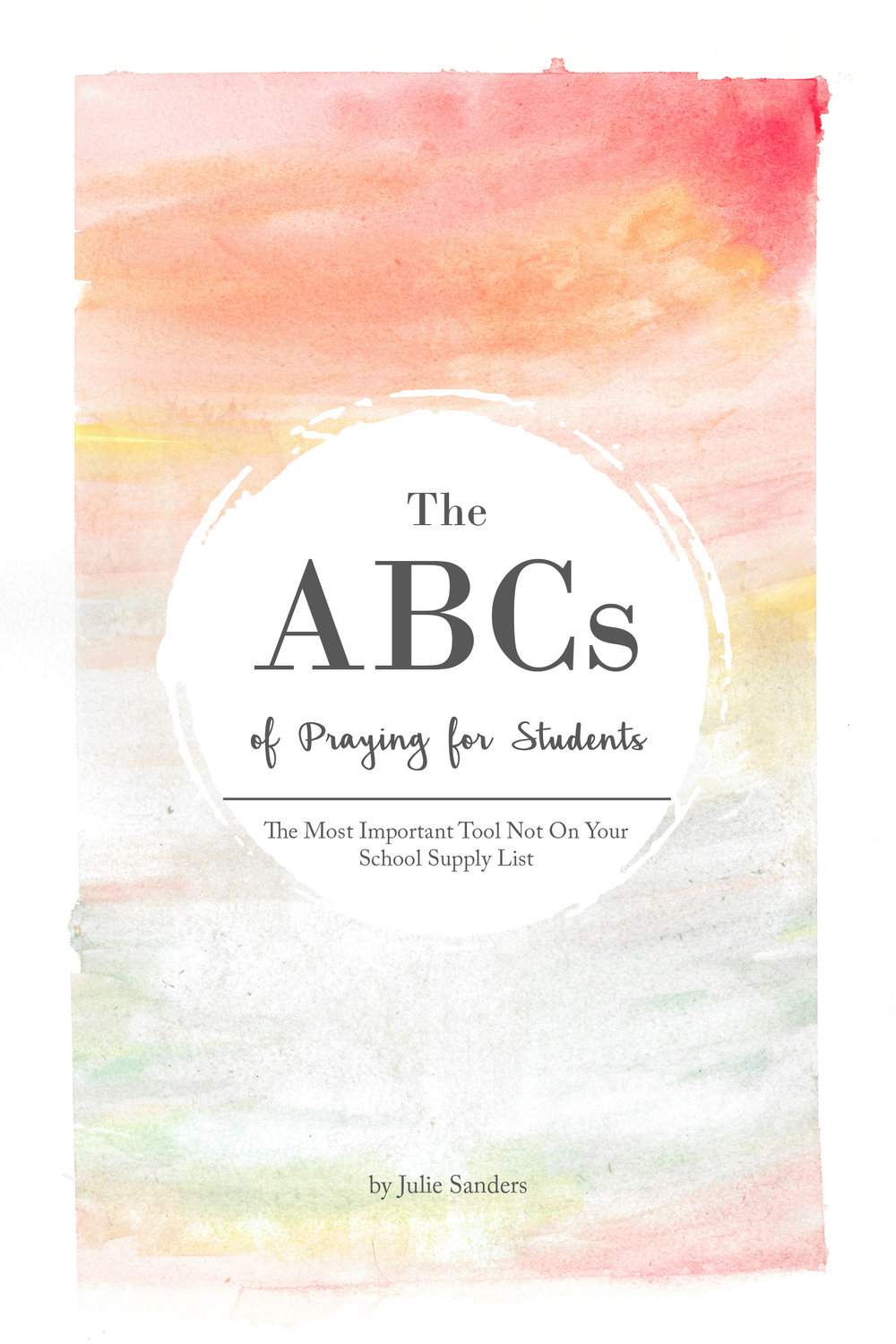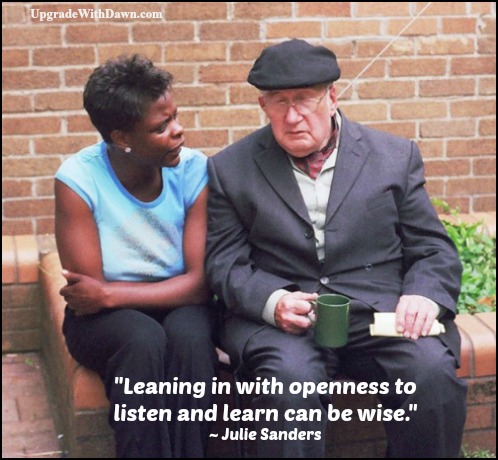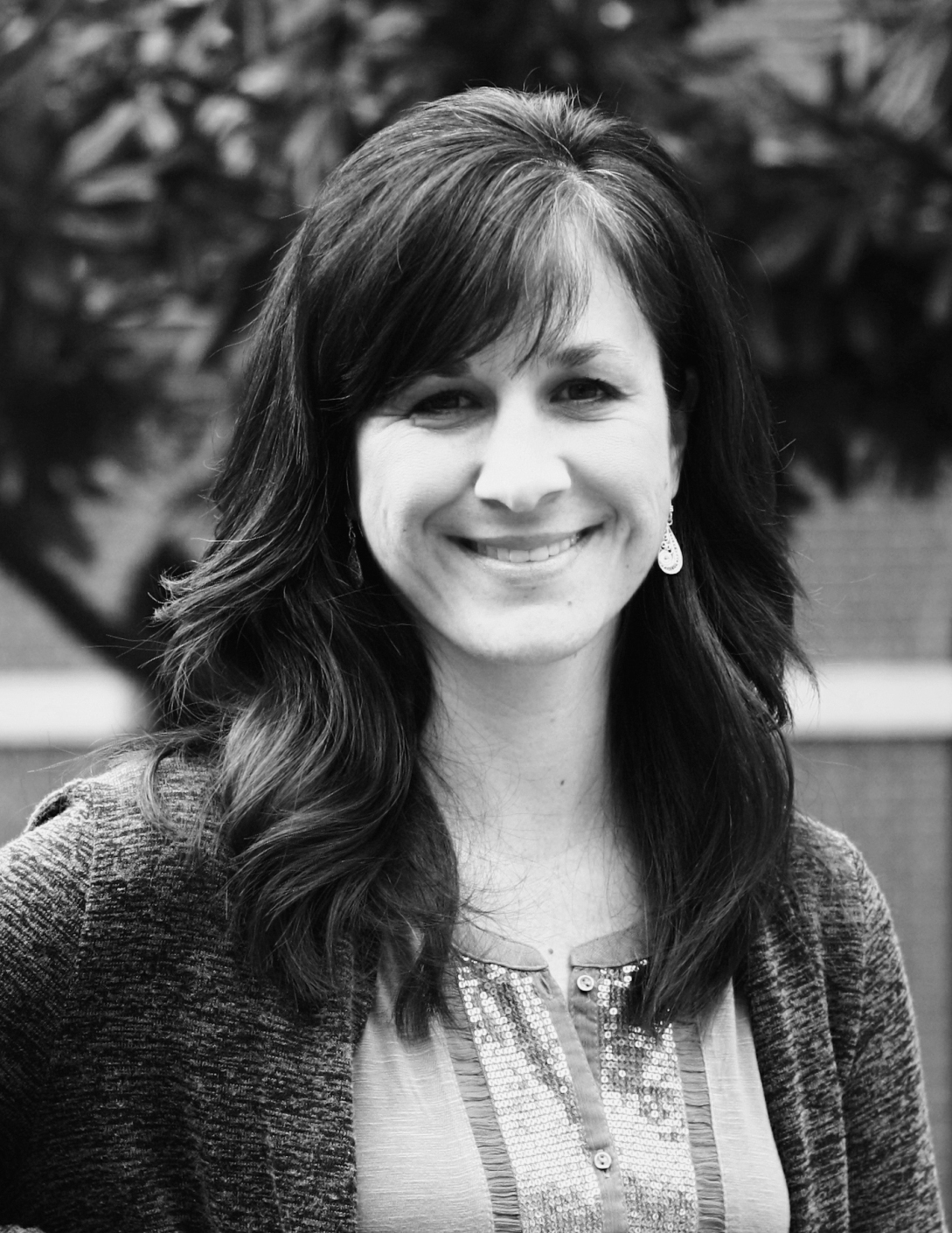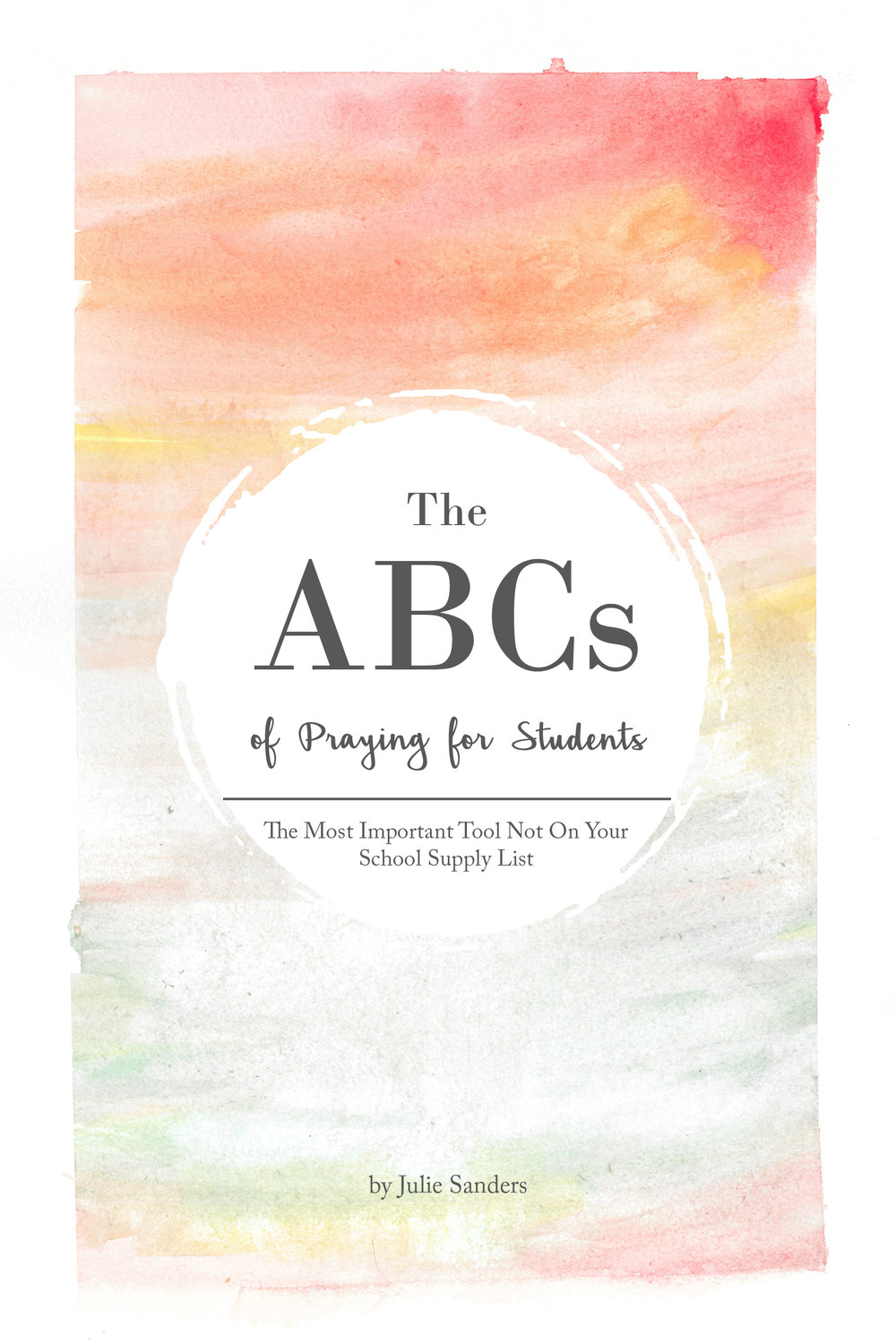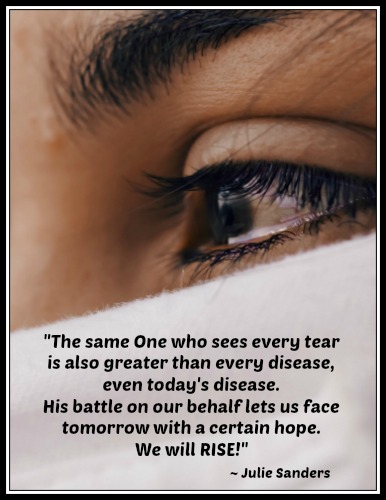The Power of the Table
Julie Sanders has such a heart to serve others. She especially loves to "feed" women who minister globally. In this Hospitality UPGRADE, she writes about the power of the table to connect with people who are hungry on many levels.
"Shared meals serve to nurture our bodies and our souls," Julie says, "But since the arrival of COVID-19, more sits between us than salt and pepper or a bread basket.
"Is it possible to preserve the power of the table in times of social distancing and sanitizer?"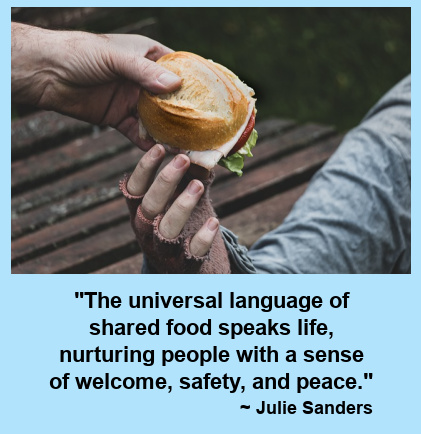
I (Dawn) have always admired those who are so effortless with hospitality, but for many years I had the mistaken idea that hospitality meant a perfect meal or perfectly-set table. It's not that it all, as Julie so clearly explains.
Julie continues . . .
Treasured settings like holidays with family or coffees with friends run up against interference under the impacts of the pandemic. Not only do we experience physical distance, but the absence of familiar ways to feed our relationships leaves us hungry.
Our memories of cooking together, exchanging baked goods, and delivering homemade meals leave an after taste in our hearts, but leave us wanting more.
God uses food to feed us, body and soul.
We have different opinions on many things, but we can agree on the power of the table.
The Oregon Statesman Journal describes the Salem for Refugees process for receiving strangers, where the family is, “Offered a culturally-appropriate first meal.”
Others from their homeland prepare the meal upon the newcomers’ arrival. The universal language of shared food speaks life, nurturing people with a sense of welcome, safety, and peace.
Even people who don’t know Jesus as their personal Savior know a meal feeds the body and the soul.
God values what happens across and around our tables.
When describing what it looks like to be hospitable in an unhospitable land, God gave specific, authoritative directions to Israel.
Do not go over your vineyard a second time or pick up the grapes that have fallen. Leave them for the poor and the foreigner. I am the Lord your God (Leviticus 19:10).
Sometimes “foreigners” settle in our communities after being served at our tables. In that case, God goes a step further to say,
The foreigner residing among you must be treated as your native-born. Love them as yourself, for you were foreigners in Egypt. I am the Lord your God (Leviticus 19:34).
God uses the power of the table to serve a taste of His goodness to people different from us in and around our lives.
The potential of this benevolent outpouring, delivered by hospitable hands and hearts, is desperately needed now. Under the weight of the world, personal and local and global, people are hungry and thirsty. Those we know and those we don’t know have physical needs and “Woman at the Well” needs for having their needs quenched.
The One who satisfies the thirsty and fills the hungry with good things (Psalm 107:9) invites us to lay our tables with hospitality that displays and delivers the love of Christ.
So with COVID restrictions, how do we creatively continue to set a place at the table of our lives for people we know and people we don’t know? How can we extend gifts of food and friendship to those around us if they’re separated from us by restrictions, space, opinions, fear, or a mask?
10 Ways to Set the Table in COVID
1. Have a picnic outdoors.
2. Meet for a meal and chat with a live video stream.
3. Send a meal to someone stuck at home.
4. Take a coffee and blanket and meet at a bench.
5. Pay for the meal of someone in line behind you.
6. “Tailgate” back-to-back cars.
7. Drop off a favorite recipe and supplies to make it.
8. Take pictures of what you’re eating and share.
9. Talk about the special meals or events you’ve shared.
10. Make two “meal bags” with fun paper supplies, snacks, and drinks to set up at your own homes or desks and then “come to the table” together over video to catch up.
It doesn’t have to be complicated. It can be popcorn and sodas. It can be a coffee break with a muffin. Or it could be Happy Meals! The important thing is that we create a connection, a shared meal, and a virtual time and “table” that brings us together.
And as an “after dinner mint,” pray.
In all of these Plan B meals or meet ups with people we know or don’t know yet, use the connection of coming together over food to bless others.
Without the Bread of Life as the loving service behind it, it’s just food. It still helps, but it’s just food.
In these troubled times, some people feel pangs of physical hunger. All of us feel the gnawing of heart hunger. Loss or loneliness makes it harder than ever to eat food for the body or for the spirit.
The power of the table may be the influence God uses to feed people what they need now and for all eternity.
Jesus declared, ‘I am the bread of life. Whoever comes to me will never go hungry, and whoever believes in me will never be thirsty' (John 6:35).
Meals and meet ups look a little different now for many of us, but let’s not withhold our desperately needed hospitality.
People are hungry. We can feed them.
What limitations do I have right now around sharing meals with others? Who around me is hungry physically? Who is hungry spiritually? What resources of mine could feed them?
 Julie Sanders loves feeding women who lead globally. She’s the author of The ABCs of Praying for Students, and Expectant, a devotional for new moms. Julie
Julie Sanders loves feeding women who lead globally. She’s the author of The ABCs of Praying for Students, and Expectant, a devotional for new moms. Julie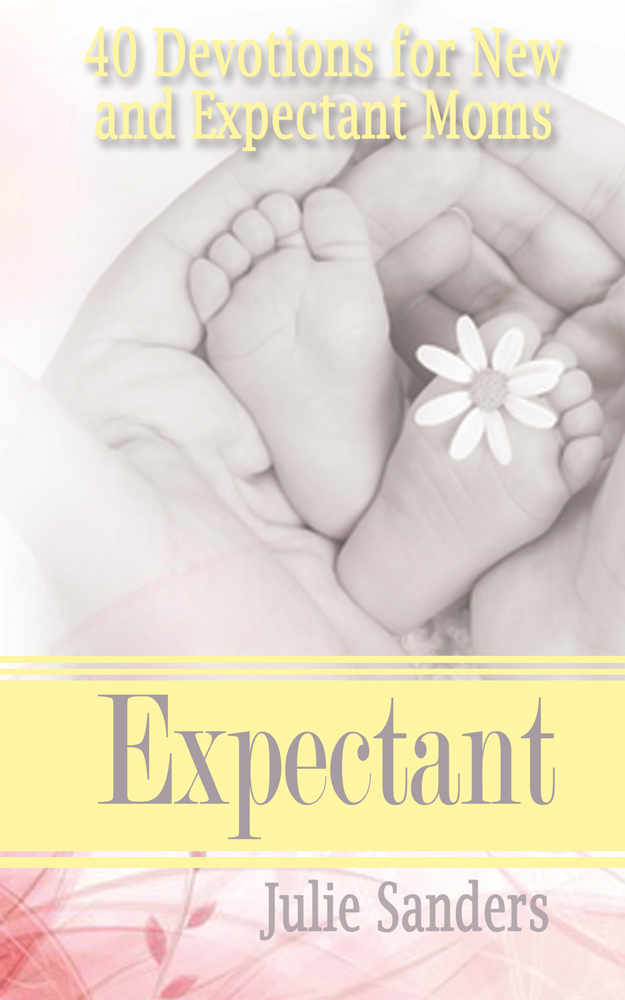 finds joy in helping women discover and develop their gifts to influence others for the Gospel. She sets the table and writes from her online home at juliesanders.org.
finds joy in helping women discover and develop their gifts to influence others for the Gospel. She sets the table and writes from her online home at juliesanders.org.
Graphic adapted, courtesty of MyriamsFotos at Pixabay.
 Post a Comment → Posted on
Post a Comment → Posted on  Thursday, October 7, 2021 at 11:00AM
Thursday, October 7, 2021 at 11:00AM  Hospitality,
Hospitality,  Julie Sanders,
Julie Sanders,  Physical hunger. Heart Hunger,
Physical hunger. Heart Hunger,  The Power of the Table,
The Power of the Table,  Upgrade with Dawn Upgrade Your Life
Upgrade with Dawn Upgrade Your Life  Hospitality
Hospitality 




